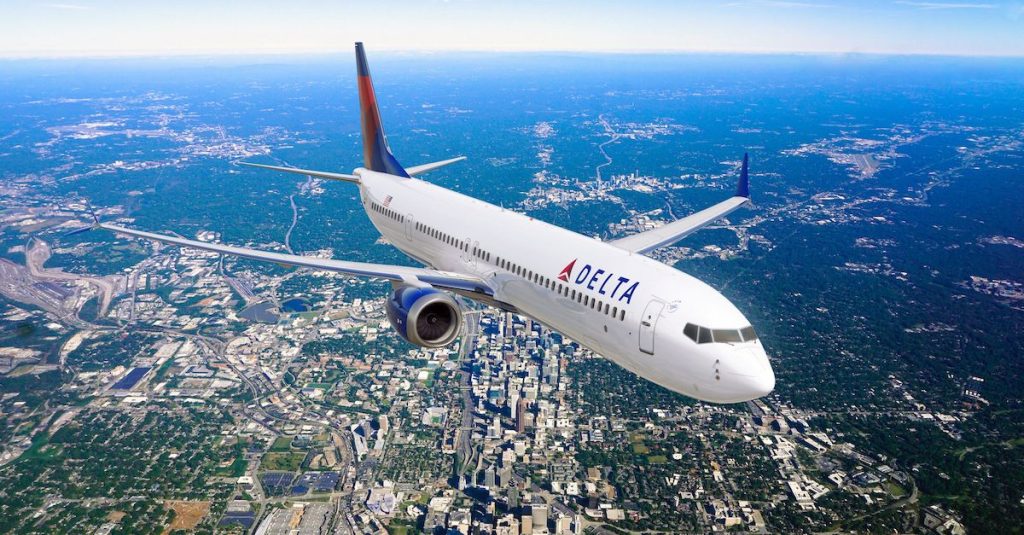Delta Air Lines experienced a notable setback in its third-quarter financial performance due to an unexpected global IT outage.
The incident, which forced thousands of flight cancellations, underscores the vulnerability of airlines to technological disruptions.
Impact of IT Outage on Delta’s Financial Performance
In the third quarter, Delta Air Lines faced a significant financial setback due to a global IT outage, causing thousands of flight cancellations. The disruption, resulting from a faulty update by CrowdStrike, had severe implications, leading to a substantial $380 million loss. Consequently, Delta had to issue refunds, pay compensation, and manage increased crew-related costs.
The outage significantly affected Delta’s net income, which dropped to $971 million—a decrease of 26% from the previous year. Despite an operating revenue of $14.6 billion, which remained stable compared to the previous year, the financial hit was substantial. This incident highlighted the vulnerabilities of modern airlines to technological failures, underscoring the critical need for robust IT systems.
Future Outlook and Company Resilience
Looking ahead, Delta’s CEO, Ed Bastian, expressed optimism about the airline’s future. He highlighted a strong demand for travel and positive industry trends that are expected to boost pre-tax profits by 30% in the December quarter. These projections, if realized, would represent one of the most profitable fourth quarters in the company’s history.
However, Delta anticipates a slight reduction in travel demand due to the upcoming US election. Company President Glen Hauenstein noted that while holiday bookings remain robust, there could be a minor impact on total unit revenue due to the election period. The airline is committed to maintaining its resilience by focusing on strategic growth and efficiency.
International Market Dynamics
International markets showed promising signs, with Delta reporting positive trends across transatlantic and Latin American routes. September data indicated a resurgence in transatlantic unit revenues, especially following the Paris Olympics, demonstrating the strength of international travel demand.
Delta’s managed corporate travel saw a growth of 7% year-over-year, driven by recovery in sectors such as tech, media, and banking. These sectors exhibited double-digit growth, reflecting a broader rebound in business travel.
The airline’s corporate survey revealed that 85% of companies plan to increase their travel spending in 2025. This optimism is pivotal for Delta as it aligns with a strategic focus on strengthening its international network and corporate partnerships.
Challenges and Strategic Responses
Despite the positive outlook, Delta faces potential challenges, including geopolitical factors and competitive pressures. The airline is deploying various strategies to mitigate these risks, such as enhancing customer service and optimizing operational efficiencies to ensure reliability and customer satisfaction.
In response to competitive pressures, Delta is expanding its transatlantic network, planning new routes, including a Detroit to Dublin service set for 2025. These expansions are vital for maintaining market share and capitalizing on growing international demand.
Moreover, Delta is investing in fleet modernisation and sustainability initiatives, aiming to bolster its long-term competitiveness and sustainability credentials. These efforts underline Delta’s commitment to adapting to evolving market conditions and regulatory landscapes.
Technological Investments and Innovations
Delta continues to invest heavily in technological upgrades to ensure system reliability and enhance customer experience. The airline acknowledges that robust IT infrastructure is critical in preventing disruptions similar to the recent IT outage.
Recent investments have focused on automating operations and enhancing digital services, aiming to offer seamless travel experiences. These innovations are designed to reduce operational risks and increase customer satisfaction, proving essential in the competitive airline industry.
Through strategic technology partnerships, Delta seeks to drive innovation while maintaining a secure and efficient operation. This approach reflects the airline’s commitment to resilience and its proactive stance on technology-driven improvements.
Conclusion and Moving Forward
Despite the setbacks from the IT outage, Delta Air Lines remains optimistic about its future, underpinned by strong travel demand and strategic initiatives.
The airline is poised to achieve significant profit growth, leveraging market trends and technological advancements to navigate future challenges effectively. Delta’s ongoing investments in IT infrastructure and network expansion are central to this positive trajectory, reaffirming its commitment to resilience and customer satisfaction.
In conclusion, while the IT disruption posed significant challenges, Delta Air Lines is focused on recovery and growth.
With strategic investments and strong demand, the airline is optimistic about overcoming current hurdles and improving profitability.

